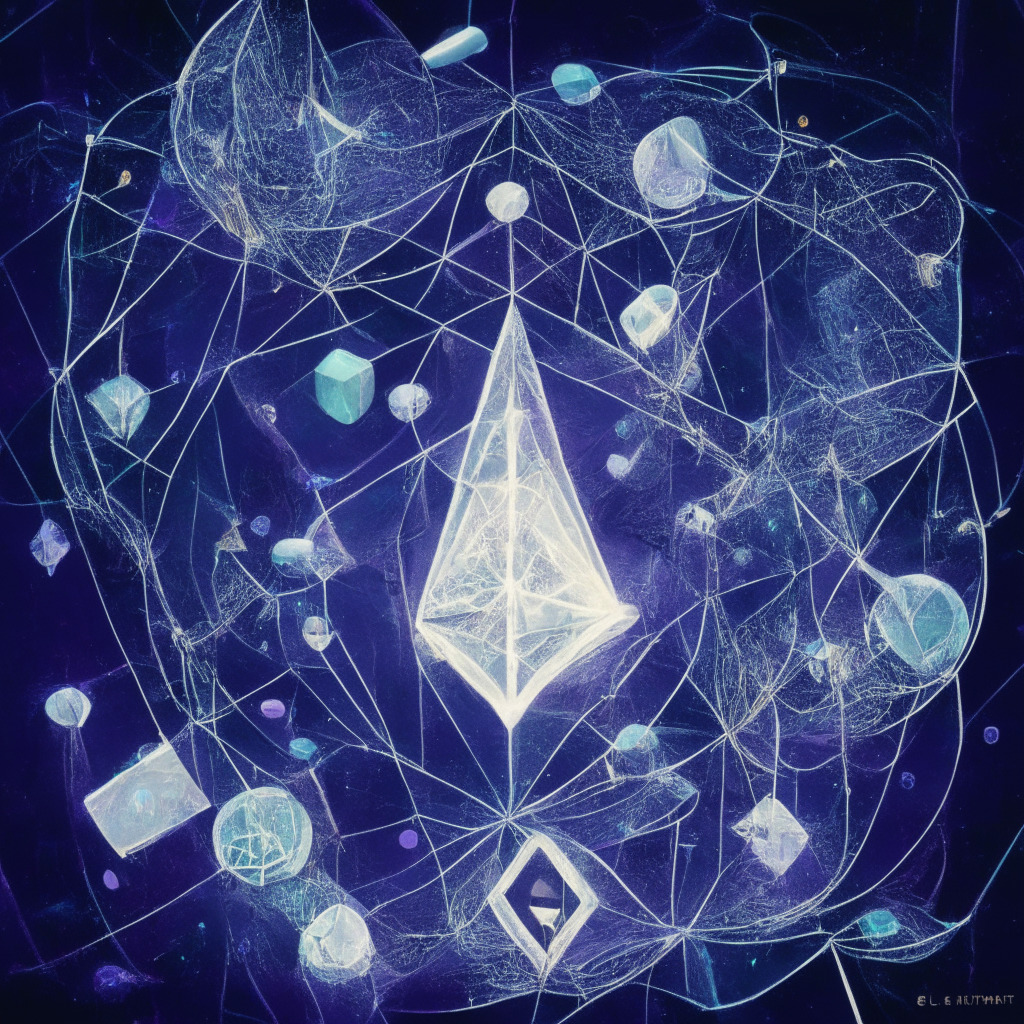In the burgeoning panorama of blockchain technology, the advent of Worldcoin and its vision of a decentralized digital identity system has been stirring quite the debate worldwide. Their audacious maiden launch, the “World ID” system, was met with both enthusiasm and concern.
Opinions vary widely, hinging on the project’s potential advantages, and equally on the ethical dilemmas it wades into. Worldcoin’s frenzied use of biometric data has sparked governmental inquiries in numerous states, including theUnited Kingdom, France, and Argentina. Yet, it is this very promise of a biometrically authenticated, immutable digital identity that stands to revolutionise not only finance, but political systems and social governance structures.
The question becomes, do we shun Worldcoin on ethical grounds or embrace it with all its technological trappings? On one hand, the project’s imperfect roll-out and sub-par security could be grounds enough for dismissal. Nevertheless, the meritorious intent and far-reaching impact of such a technology – an identity that is yours alone to possess and cannot be stolen or replicated – cannot be downplayed. It is a mammoth leap in combating issues of identity theft, corruption, and censorship.
Having borne witness to the collapse of other network-shattering projects like Libra, the fear is palpable. Such ambitious aims as replacing governmental oversight with decentralized systems of public service are not met kindly. A pioneer often pays a high price, as with Worldcoin, for upping the ante. Yet every setback oversights a critical facet – it is these challenges that forge the path for subsequent ventures, thereby pushing the envelope forwards.
While Worldcoin subtly shatters the current conceptualization of digital identity, it broaches invasion of privacy concerns. It also raises an existential question, do we trust a private sector entity with such a critical responsibility as managing our digital identities?
Drawing lessons from the banking sector and the birth of blockchain technology, such ambiguity is not uncharted territory.
Worldcoin, warts and all, offers a digital springboard to reimagine social structures like voting systems. Its significance lies not in its novel concept but in its potential to shape popular opinion about an era going inevitably digital. Despite such disruptions, the enhancement of security and accessibility that accompanies digital identity can move mountains.
A fair warning though, not all criticism can be taken at face value. Assigning a digital identity to individuals will pose a threat to some authorities, potentially leading to baseless accusations. Hence, let’s be mindful and discerning – the aim is not to maim, but to build a better, more equal digital world.
Source: Cointelegraph




